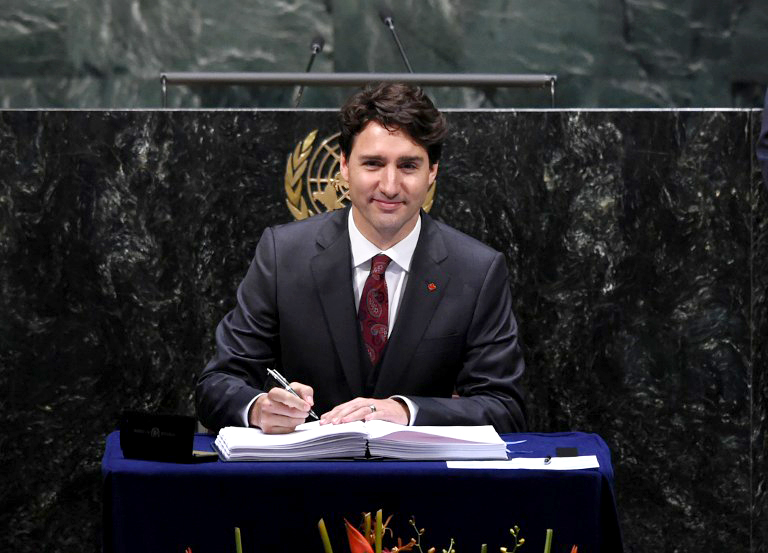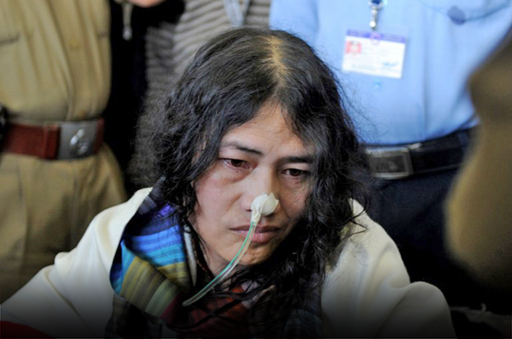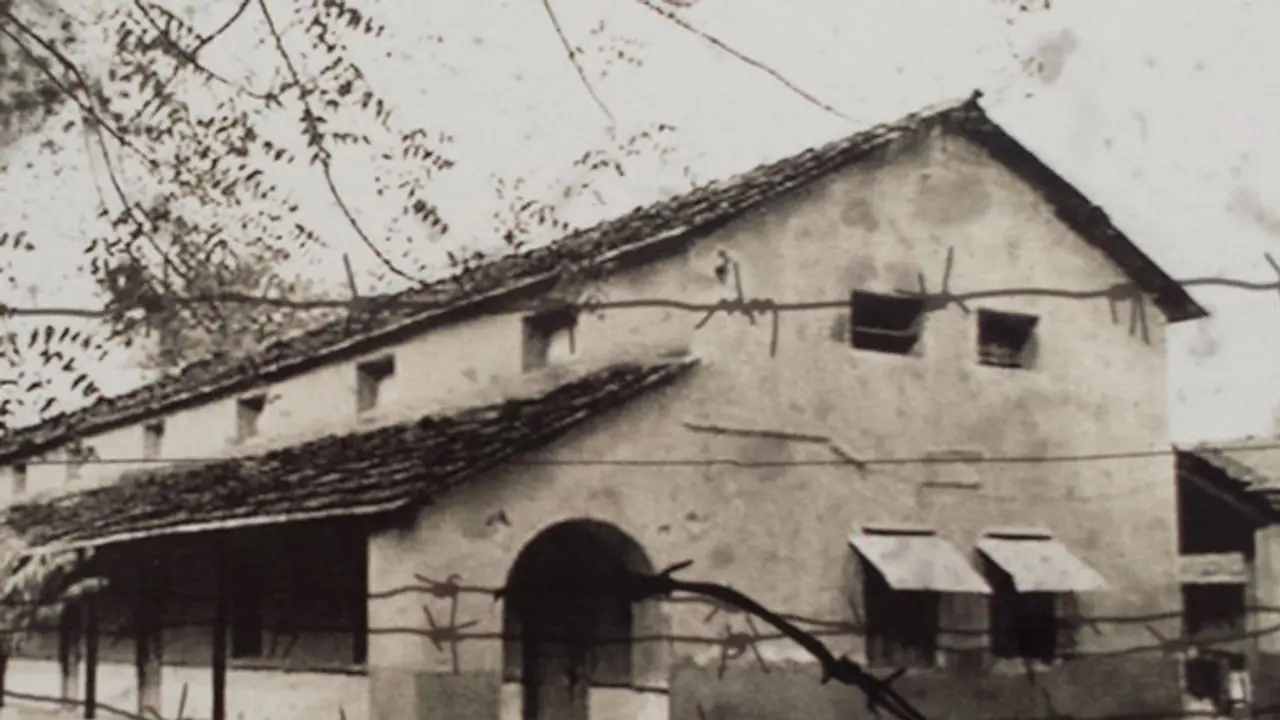On May 18, standing before the House of Commons, Canadian Prime Minister Justin Trudeau (image below) will offer a full apology for the Komagata Maru incident. Suddenly Indians are reading up what this is Japanese sounding word is all about; it is indeed a Japanese steamship that sailed from Hong Kong to British Columbia, Canada in 1914 with 376 passengers mostly Sikhs. Only 24 were allowed to enter while the rest were sent back. On arrival at Calcutta, 19 were killed in gunfire and others imprisoned.

I was forwarded a very interesting piece on Trudeau’s gesture by Barsha Poricha, one of the directors at National Foundation for India. The Question of Forgiveness, written by Shiv Visvanathan was published in The Hindu on April 20.

However, simple it may sound but the act of saying ‘sorry’ for a historical mistake is very rare. ‘Sorry’ is healing and reconciliation beginning with this sense of closure.
Visvanathan recounts various instances from the Holocaust to the Irish Potato Famine and refers to incidents in India like the Gujarat and Sikh riots. In a surprise departure from the usual indifference of celebrated columnists, he invoked the 16-year-old epic fast by Irom Sharmila (image below) in Manipur against a draconian Act that evokes the same sentiment.

He may have forgotten one such incident that remains a shameful page of history virtually unknown to most Indians that awaits an apology; the imprisonment of the Indian Chinese community from Assam and Bengal to Deoli POW camp (prison camp image in banner above).
“19 November 1962, at midnight, we heard knocks at our door. The war would end that day. We were picked, huddled into a jeep and put on a train. We had no idea where we were going and why. That night changed our lives forever.” – Michael Cheng, 55yrs.
Michael Cheng was just two years old, when he became part of an over three thousand strong Indian – Chinese community – men, women and children, including infants – who were summarily arrested without trial and placed in a dis-used World War II POW camp in Deoli, Rajasthan. They were incarcerated for periods ranging from a few months to over four years. Much of their property was confiscated, auctioned or simply vandalised.
Also read by the author: Much Ado About Nothing in Shakespearean Assam
The Indian government never gave a reason but sources indicate that these people were perceived as a threat to national security, following India’s humiliating defeat to China in the 1962 war. India has never expressed regret or made the official documents public. So this shameful history remains virtually unknown to most Indians.
But just after the war ended, Indians recall how their Chinese classmates never returned. Chinese schools and newspapers shut down overnight. For instance, Shillong’s popular New China Restaurant became the New India Restaurant. Yin Marsh, a teenager then, was plucked out of her schooling at the Loreto Convent, Darjeeling and taken on the seven-day train journey to Deoli.
Along with her eight-year-old brother, father (who had already been arrested a month earlier and put in the local jail) and grandmother, who with bound feet could barely walk, she remembers, “as I walked down the staircase to board the police jeep waiting to arrest us, what I felt in me that moment is something I can never forget: we are different and I am a Chinese, not Indian.”
Yin, who now lives in the US, is the author of Doing Time With Nehru returned to India in 2015 to tell the tale. “We are a group of Chinese Indians, ethnic Chinese who were born in India. We started this campaign because no one knows our story. We want everyone to know who we are and what happened to us.”
She is one among many of the Deoli inmates who became outsiders overnight and whose travails are now in a documentary film, Beyond Barbed Wires. One of them, Joy Ma, who also lives in the US now, was born in the Deoli POW camp. Her pregnant mother, along with her father and two brothers were picked up from their home in the Dooars near Siliguri, well after the war ended.
We have been silent for 50 years because of a multitude of emotions: fear, humiliation, sadness, not wanting to relive the loss of dignity and loss of identity. We want new generations who have never heard our story to know what happened.
They were taken to Deoli on a day that ironically, was the Chinese New Year. Joy’s family was among the last batch to be released, more than four years after their internment. When they returned to Calcutta, Joy’s father was abruptly rearrested. Again without trial and put in Alipur jail for another year.
Piecing together a family history from the POW camp also means accounting for the dead. More than 20 Indian – Chinese are said to have died in the camps and are believed to be buried in a cemetery in Deoli. Whole families too broke up, as they were released in batches.
Even when they returned, fear, intimidation and harassment were part of our everyday life. Some never met each other again for years, even decades. Sadly, no records are available of precisely how many people were arrested, how long they were held and when they were released.
Yin hopes for real closure saying, “We have been silent for 50 years because of a multitude of emotions: fear, humiliation, sadness, not wanting to relive the loss of dignity and loss of identity. We want new generations who have never heard our story to know what happened. We realise the healing process may be a long one, but we have started the journey and hope for peace and eventual closure.”
I managed to take this group to see the Chairman of the Joint Intelligence Committee that operates under the PMO in New Delhi. Mr Ravi personally said sorry, something that gives them hope that India may one day acknowledge the Deoli mistake.

Kishalay Bhattacharjee is a senior journalist and author. His most recent book is Blood on my Hands: Confessions of Staged Encounters (Harper Collins 2015). Part of this article written by the same author was earlier published in ourstories.org.in. The views expressed here are his own.
Banner photo credit: https://indiadeoli.wordpress.
